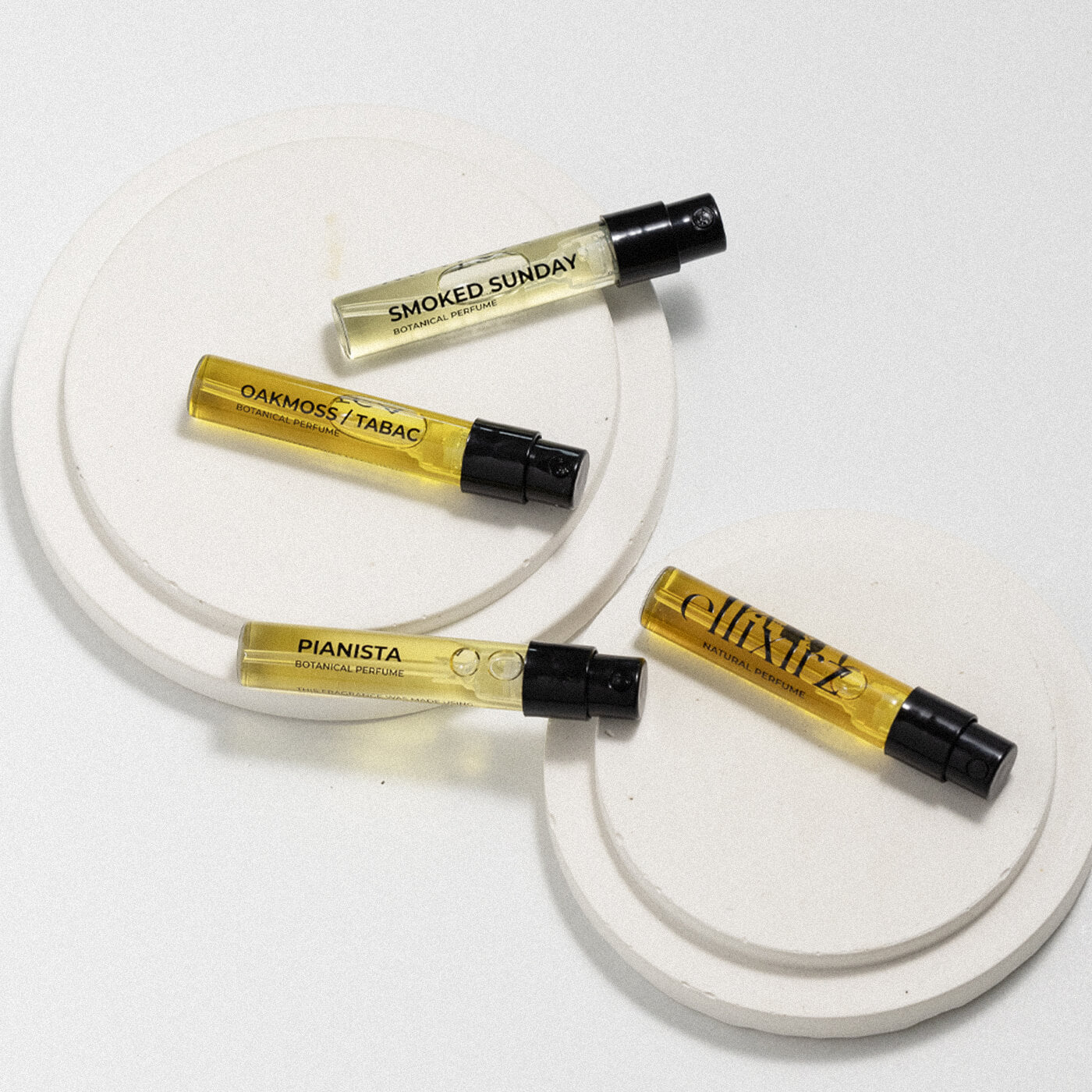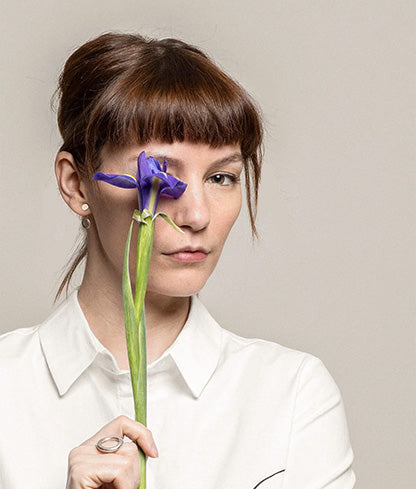Article: Scent, Emotion, and Memory: The Invisible Threads of Time

Scent, Emotion, and Memory: The Invisible Threads of Time
Memories travel unseen paths, but none is as direct and visceral as our sense of smell. A scent can transcend time, unlocking doors to memories we thought were long forgotten. In an instant, the fragrance of linden blossoms on a summer night or the woody aroma of an old house can transport us to places where reasoning alone could never take us.
The Direct Journey of Scent to the Soul
Our sense of smell is deeply intertwined with emotion and memory, thanks to how our brains process scents. Unlike other senses that are first processed by the thalamus before reaching the brain’s emotional centers, the smell takes a direct route to the limbic system, which houses the amygdala (associated with emotions) and the hippocampus (responsible for memory). That’s why a perfume is not just a scent, but a portal to deep sensations, emotions, and fragments of a past life.
A study from Harvard University highlights that smell is the only fully developed sense a fetus has in the womb, and it remains the most dominant sense in children until around age 10. This early exposure shapes our lifelong scent preferences, influencing which aromas bring us comfort and which we find unpleasant.
Fascinating Facts About Smell
400 different olfactory receptors in humans
10.000.000 olfactory neurons located in the olfactory mucosa
it takes 1 second for olfactory information to be processed within the brain, from detection to perception and conscious awareness
The Proust Effect: Memories Rekindled by Scent
The phenomenon known as the Proust Effect describes the unique ability of scents to bring forgotten memories, triggering vivid and detailed recollections. Inspired by the famous passage from In Search of Lost Time by Marcel Proust, where the aroma of a madeleine dipped in tea brings back childhood memories for the protagonist, this effect is scientifically supported by the direct connection between the olfactory bulb and the hippocampus, the brain’s memory center. Unlike other sensory stimuli, scents do not merely recall images, they bring back the sensations and emotions of that very moment.
Scents That Define a Lifetime
If we were to map our personal history through scent, we could trace each chapter of our lives through fragrances. Perhaps childhood is marked by the crisp scent of a freshly cut apple or the comforting aroma of warm biscuits. Adolescence might carry the memory of a perfume unexpectedly discovered on someone’s skin, while adulthood becomes intertwined with carefully chosen fragrances that define and accompany us through life.
Scent, Emotion, and the Art of Perfumery
Perfumery acts as an architect of memories, crafting compositions that resonate deeply with our personal history. Some fragrances are designed to inspire calm and comfort, while others evoke sensuality, nostalgia, or an explosion of vitality. In a world saturated with visual and auditory stimuli, scent remains an invisible yet incredibly powerful medium for conveying emotions and telling stories.
Perfume as an Anchor of Identity
Every fragrance we wear becomes an extension of our identity, an invisible signature that others associate with our presence. Just as Queen Cleopatra was known for her intoxicating nard or Napoleon for his citrus-infused Eau de Cologne, each of us leaves behind a unique olfactory imprint.
Photo credit: Natalia Blauth
The Search for a Defining Fragrance
Choosing a perfume is more than an aesthetic decision—it is a statement about who we are and how we want to be remembered. At Matca, fragrance serves as a bridge between past, present, and future, connecting what was with what is yet to be lived.
So, what scent defines you? What memory would you like to preserve forever, woven into the air around you?








